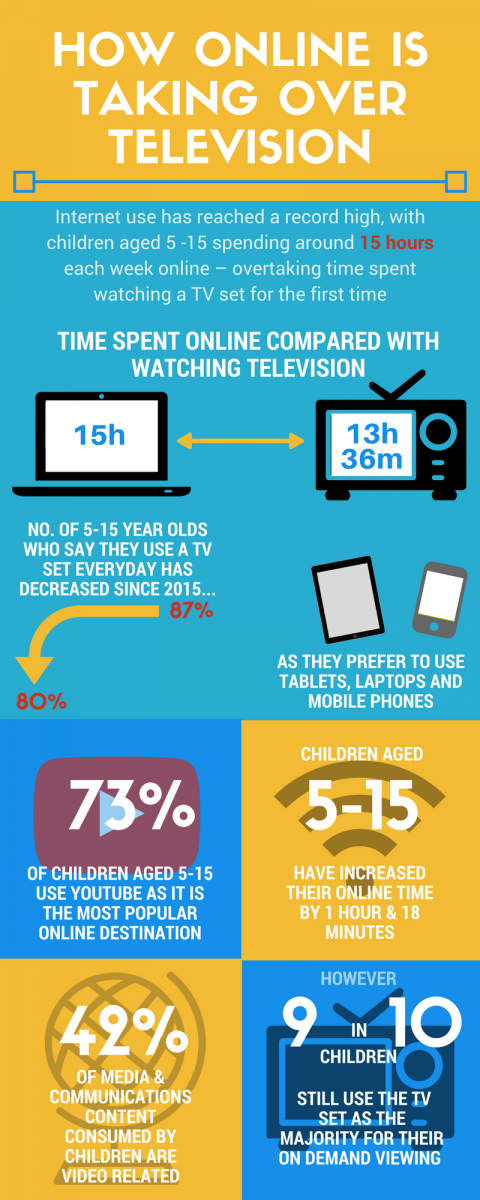Lord Puttnam in conversation
Watch Lord Puttnam's presentation on the major threats to the media industry, followed by a question and answer session with Ed Vaizey MP.
Click here to read the event report and to watch highlights from the event.
Watch Lord Puttnam's presentation on the major threats to the media industry, followed by a question and answer session with Ed Vaizey MP.
Click here to read the event report and to watch highlights from the event.
In a high-concept, passionate RTS lecture, illustrated by film clips and quotes from such 20th century giants as John Maynard Keynes and Bob Dylan, Puttnam mounted a passionate case for media regulation to curb the excesses of “data capitalism.”
“Tech monopolies (Google, Amazon, Facebook) are taking over the internet. A pernicious form of corporatism could, under the wrong set of circumstances, replace democracy as we have known and enjoyed it,” he said.
It was “nonsense” that these companies were too big to regulate.
The three-day Convention featured keynotes from James Murdoch, Ofcom chief Sharon White and the Secretary of State Karen Bradley MP, as well as some lively panel discussions.
Watch highlights from the event below, or scroll down to watch the sessions in full. You can read more about this year's RTS Cambridge in the October issue of Television magazine.
The research shows that UK viewers favour binge watching television series over waiting for new episodes each week, with 40 million people watching series back-to-back.
One third of the people binge watching episodes do so every week, and more than half do so monthly.
The study, included in the annual Communications Market Research 2017, has also shown a significant difference in viewing habits between younger and older audiences.
Speaking at an event at the Houses of Parliament earlier this week, RTS Fellow Lenny Henry criticised new Ofcom diversity targets which only focus on those in-front of the camera, saying that it would promote “fake diversity”.
In the speech, attended by members of parliament, the public and representatives of the broadcast industry, he argued that the regulator should also require the BBC to report on the number of BAME staff working behind the scenes.
As Sir David Clementi begins his work as the first Chair of the “unitary board” that he recommended to run the BBC, is he having second thoughts about his other big piece of advice – that Ofcom should regulate the BBC?
It was Clementi’s report, published one year ago and largely adopted by the Government, that suggested scrapping the BBC Trust. The idea was to replace it with a single board. Meanwhile, for the first time in the BBC’s history, an external body would regulate the corporation.
For many people who believe in diverse, multiracial societies, 2016 was a year of profound political setbacks. But, paradoxically, it may also go down as the year in which British television finally embraced real and permanent change in how it deals with diversity.
As we begin a new year, many influential voices are convinced that TV’s decision-makers are now determined to move towards a genuinely diverse workforce. They also hope to see big improvements in the on-screen representation of people from marginalised groups.
Children’s internet use has reached record highs with those aged between 5 and 15 years old spending approximately 15 hours online each week. In contrast, the amount of time children spend only sitting to watch television just passes the 13 hour mark.

Q Cathy Newman: Under the BBC’s new Charter, the BBC is in charge of governance, Ofcom is in charge of regulation. It sounds simple. Are you clear about where the dividing line is?
A Sharon White: There are three new areas of responsibility for us. First, we will now be overseeing news and current affairs on the BBC for impartiality and accuracy.